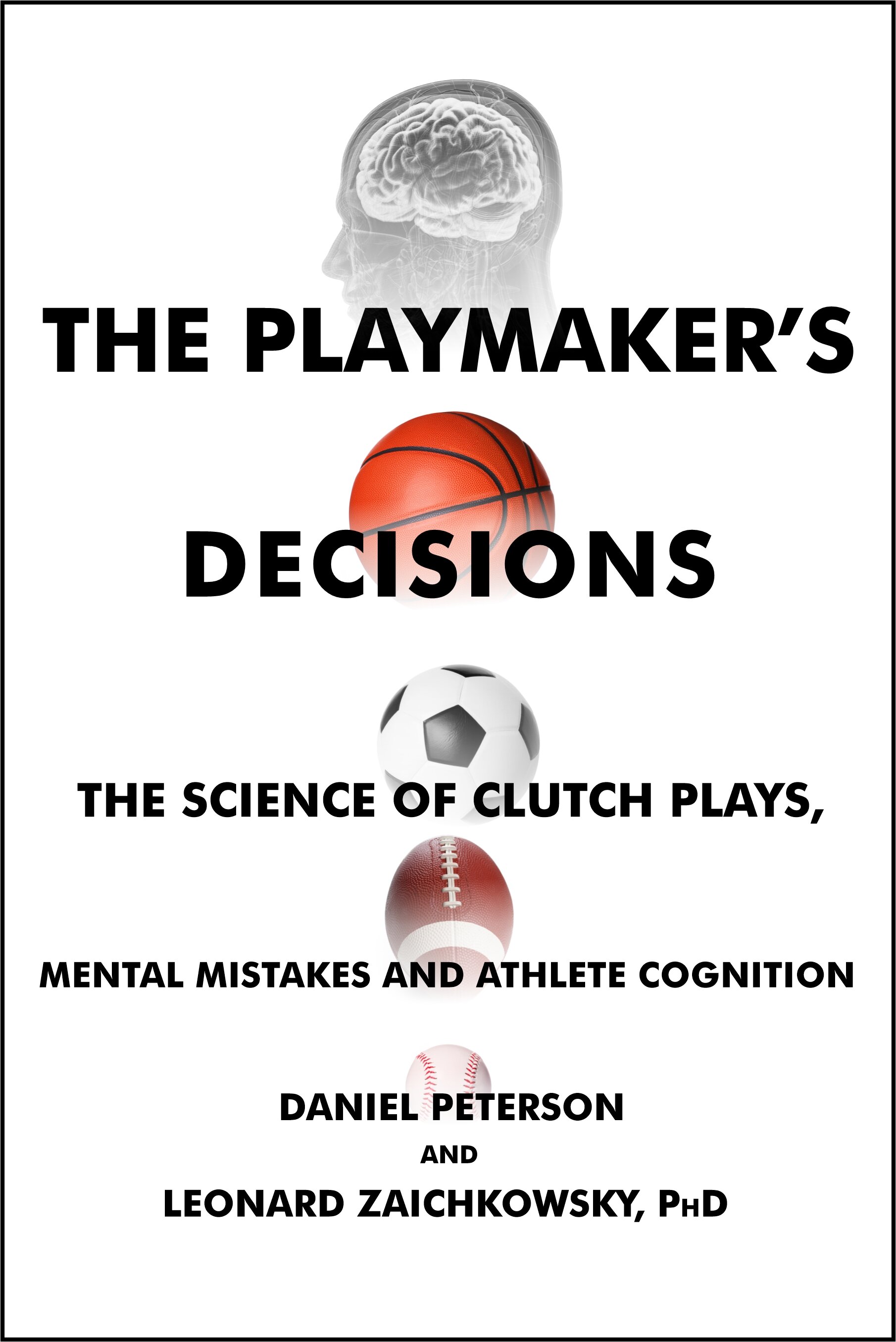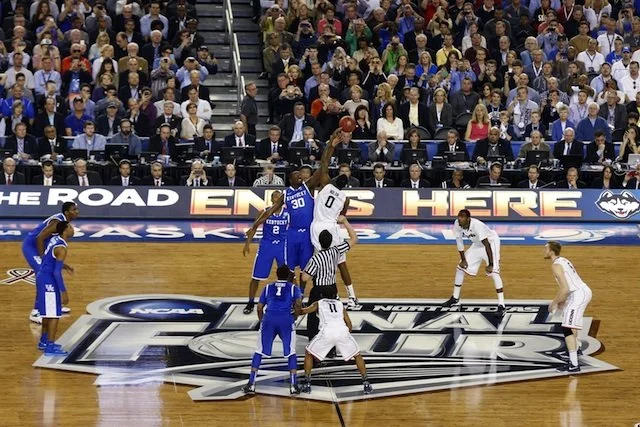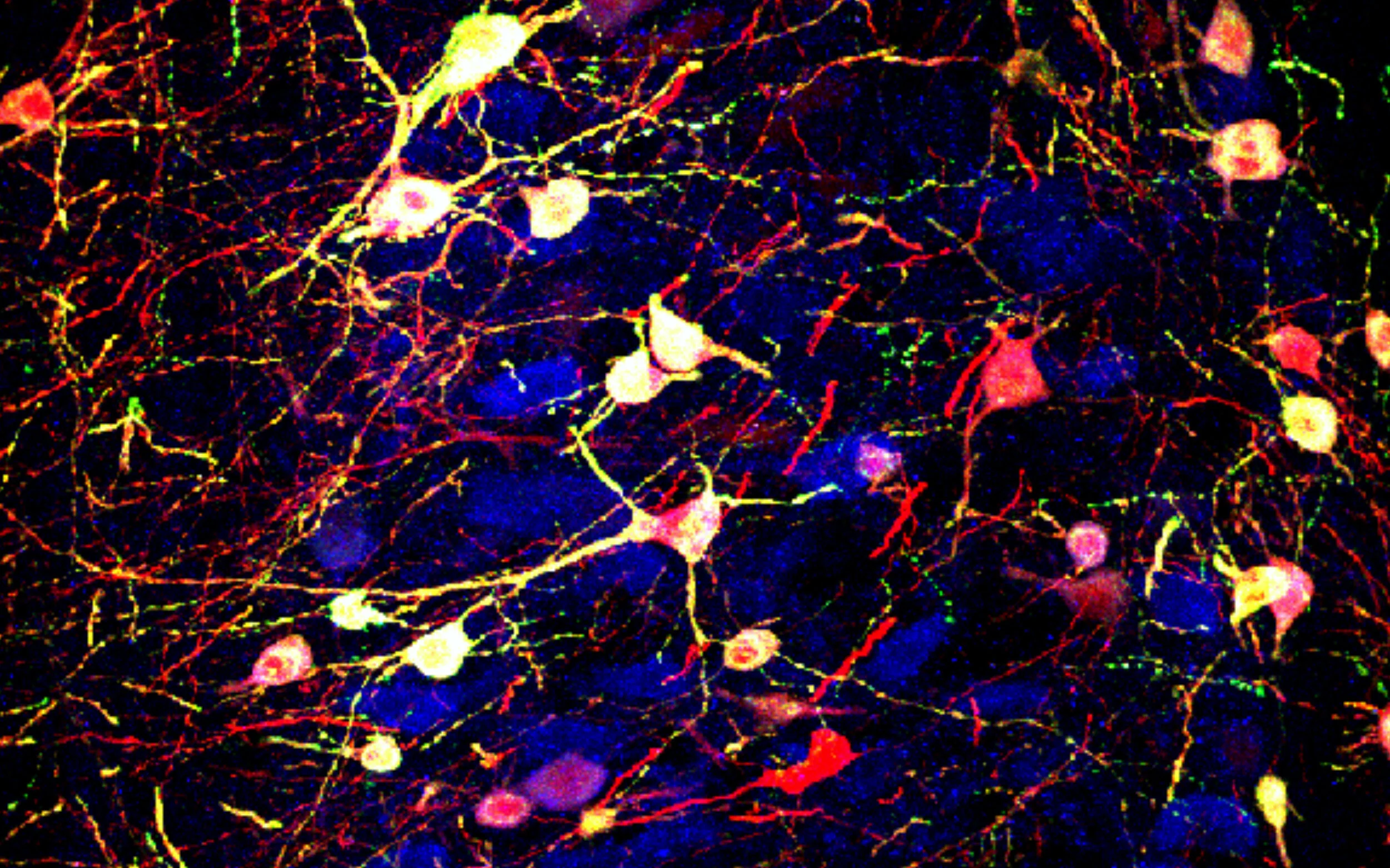Mirror Neurons Help You Avoid Broken Ankles
/
Across just about every team sport, young defenders are coached how to read an opponent’s body cues to avoid being caught out of position. Whether in hockey, basketball, soccer or football, if a player can learn to focus on a consistent center point, like the chest, he can take away the offensive attacker’s element of surprise. As with most skills, this takes time to master, but new research shows that experience does matter.
Watching players develop in practice and games offers a subjective view of their learning curve, but what would put any doubt to rest would be to actually peer inside their brains to monitor their progress. That’s exactly what sports psychologist Dan Bishop did in his lab at the Centre for Sports Medicine and Human Performance at Brunel University in London.

While lying in an fMRI machine that monitored their brain’s activity, 39 football players, ranging in skill from semi-pro to novices, watched film clips of oncoming attackers coming directly at them. Sometimes the attackers would make dekes or jukes, then the clip would be blacked out. The players had to choose which direction they would go to stop the ball carrier, based on the body language they had just seen.
"We have the skills and resources to witness very subtle changes in perceptual abilities that may not initially manifest in performance data, because people can change their mind midway through a task and therefore give an erroneous response, when in fact their initial 'preattentive' brain response was the correct one,” Bishop told CNN. "I imagine that this will be most useful at academy level, to assess the development of young players."
As predicted, the more experienced players correctly guessed the right direction to pursue significantly more than the novices. Their brain activity also showed that their mirror neuron system was also active, which happens not only when someone makes an action, but also when watching another person execute a skill. In other words, our brain will “mirror” the actions of another as though we were taking the action. By watching the attacker coming at them, the experienced players in the lab were able to anticipate the next movement of their opponent.
“Our neuroimaging data clearly shows greater activation of motor and related structures in the brains of expert footballers, compared to novices, when taking part in a football-related anticipation task,” said Bishop. “We believe that this greater level of neural activity is something that can be developed through high quality training, so the next step will be to look at how the brain can be trained over time to anticipate the moves of opponents.”
Being able to keep the ball-carrier in front of you increases the odds of slowing him down and making the play. It also helps you avoid ankle-breaking jukes like these:











